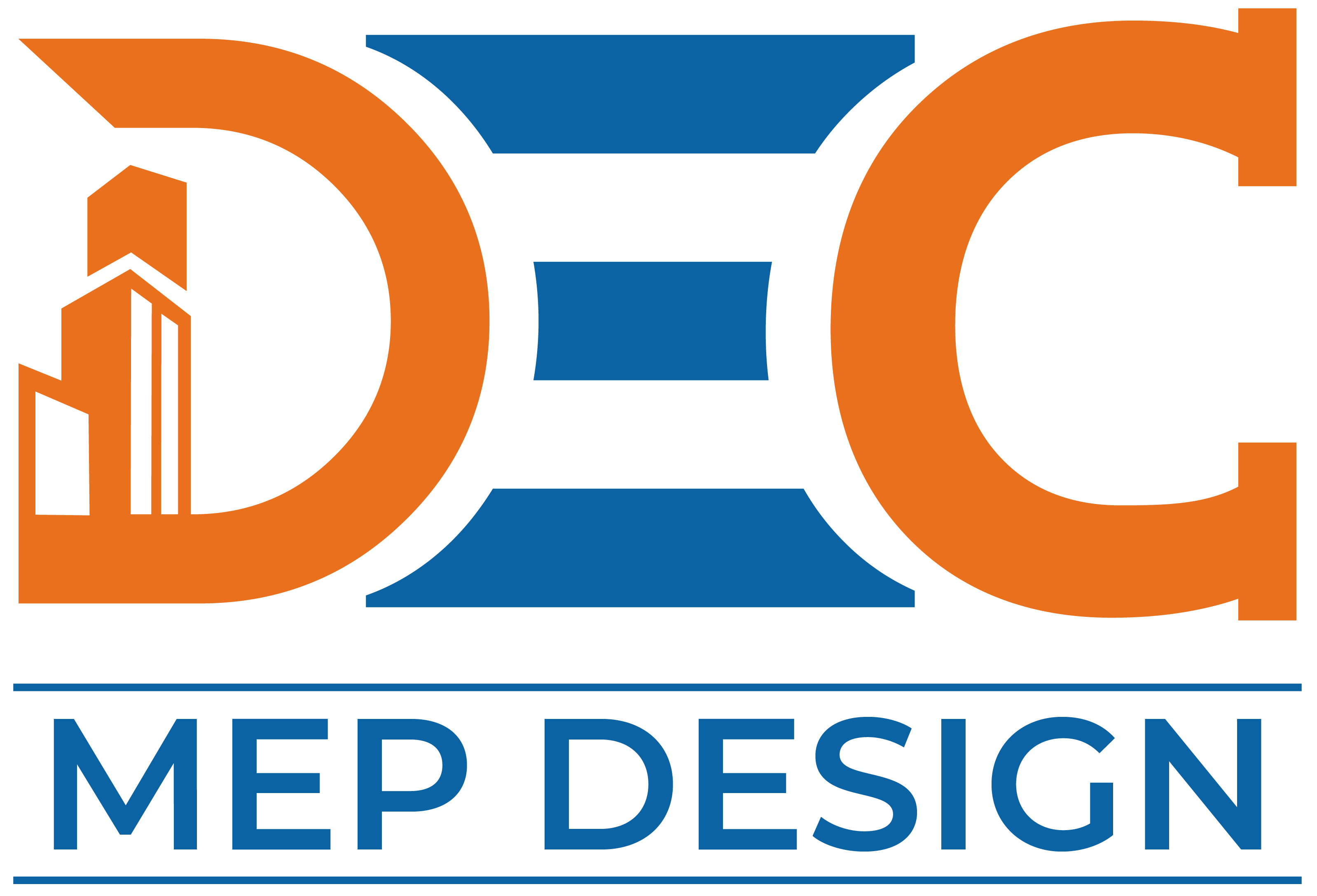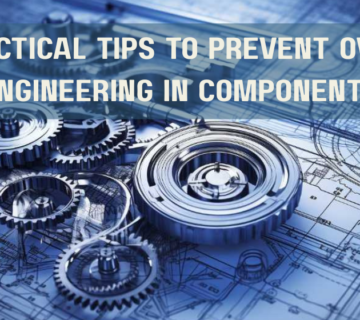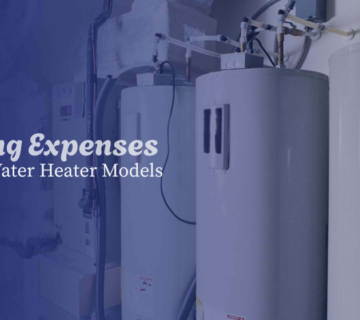For residential buildings to maintain comfort while using less energy, efficient heating and cooling systems are essential. Homeowners now have a range of options depending on their particular needs, climate, and environmental goals, thanks to advancements in mechanical design. This article examines the advantages and issues of the optimum performance of some of the greatest mechanical design methods for efficient heating and cooling systems.
1. HVAC systems with central control.
Because central HVAC (heating, ventilation, and air conditioning) systems can provide constant comfort throughout the house, they are still a common option for residential structures. These systems, which typically use a furnace for heating and an air conditioner or heat pump for cooling, integrate heating and cooling into one device.
- Advantages:
- Include uniform temperature management in every room.
- Energy efficiency is increased through integration with advanced thermostats.
- Dehumidification and air filtering.
- Considerations:
- Because ducting is required, installation may be more expensive.
- Ducts with inadequate insulation cause energy losses.
2. Heat Pumps
High-efficiency devices called heat pumps move heat instead of producing it. There are two primary types of them: ground-source (geothermal) and air-source.
Air-Source Heat Pumps:
These units use the heat from the surrounding air to heat a house in the winter and cool it in the summer.
Ground-Source Heat Pumps:
Heat and cool using the steady temperature found underground.
- Advantages:
- High energy efficiency, especially in mild climates.
- Heating and cooling serve two purposes.
- It emits less carbon than conventional heating systems.
- Considerations:
- High startup costs, especially for geothermal systems.
- In severely cold areas, air-source models may lose efficiency.
3. Systems of Mini Splits
For homes without ductwork or precise climate control in particular areas, ductless mini-split systems are perfect.
- Advantages:
- Enables individual room control while reducing energy waste.
- Installation is simple compared to central HVAC systems.
- Energy-efficient inverter technology allows for accurate temperature management.
- Considerations:
- Higher initial cost per unit than window air conditioners.
- Requires professional installation.
4. Systems of Radiant Heating and Cooling
Radiant systems regulate interior temperatures by using heated or cooled surfaces, like walls or floors. These systems are quite good at providing consistent warmth.
- Advantages:
- including quiet operation and uniform heat distribution.
- Compatible with sustainable energy sources such as solar water heaters.
- The absence of ducting results in fewer allergens.
- Considerations:
- High installation cost.
- Temperature adjustment is slower than with forced air systems.
5. Intelligent HVAC Systems
To maximize energy utilization, smart systems make use of cutting-edge technology, such as sensors and thermostats with Internet of Things capabilities. By reacting to ambient factors and human behavior, these systems improve efficiency and comfort.
- Advantages:
- Remote operation with smartphone apps.
- Energy savings through adaptive controls.
- Integration into smart home ecosystems.
- Considerations:
- Compatibility may demand a major investment.
- Potential issues with data privacy and security.
6. HVAC Systems with Zones
The home is divided into distinct zones by zoning, each of which has its own climate control system. By accommodating different tastes, this tactic reduces energy usage while boosting comfort.
- Advantages:
- Customized temperature settings for each zone.
- Increased energy efficiency by minimizing unneeded heating and cooling.
- Considerations:
- Needs specialist dampers and controls.
- Increased installation complexity and cost.
Conclusion
Budget, climate, and individual tastes are some of the variables that influence the choice of mechanical design for heating and cooling residential buildings. While radiant systems and zoned HVAC offer more specific advantages, central HVAC systems, heat pumps, and mini-splits are dependable and popular options. Geothermal heat pumps and smart HVAC systems are great options for homeowners who are concerned about sustainability and energy efficiency.
Speak with an HVAC specialist who can assess the unique requirements of your house and provide the best solutions so you can make an informed choice. Purchasing contemporary, effective systems will not only increase comfort but also lessen your influence on the environment and save you money on energy bills over time.
Upgrade Your Home’s Comfort & Efficiency Today!
Looking for the best heating and cooling solution for your home? DEC specializes in cutting-edge mechanical design solutions tailored to your needs. Whether it’s smart HVAC systems, energy-efficient heat pumps, or zoned climate control, we’ve got you covered!
How to Choose the Best Mechanical Design Solution for Your Home
Selecting the most suitable heating and cooling system for your home requires a careful assessment of several factors. Follow these steps to ensure your mechanical design solution meets your needs for efficiency, comfort, and long-term performance.
- Evaluate Your Home’s Size and Layout:
Measure the square footage of your home.
Identify the number of rooms and floors that need climate control.
Consider if certain rooms need more heating or cooling than others. - Determine Your Climate Zone:
Research your local climate conditions.
In colder regions, opt for heat pumps or radiant heating systems.
In warmer climates, mini-splits and central air conditioning work best. - Set Your Energy Efficiency Goals:
Decide if lowering energy bills or reducing your carbon footprint is your priority.
Choose ENERGY STAR®-certified appliances or smart HVAC systems for better efficiency. - Check Existing Infrastructure:
Inspect your current HVAC system.
Determine if existing ductwork or plumbing can be reused or needs upgrading. - Research System Types:
Understand the benefits of central HVAC systems, heat pumps, and mini-split systems.
Weigh the pros and cons based on your home’s needs and your budget. - Consult with an MEP Expert:
Schedule an inspection with a professional MEP engineer.
Discuss your home’s heating and cooling needs.
Request a custom design proposal that meets your energy efficiency and comfort goals. - Review Warranty & Maintenance Requirements:
Inquire about system warranties and regular maintenance needs.
Choose systems with extended warranties and easy maintenance features. - Plan Your Installation Timeline:
Coordinate the installation process with your contractor.
Ensure all permits and approvals are obtained before starting the work.
Frequently Asked Questions (FAQ)
Heat pumps, especially ground-source (geothermal) heat pumps, are among the most energy-efficient systems for residential homes. They use the constant underground temperature to provide both heating and cooling with minimal energy consumption.
Smart HVAC systems use advanced sensors, adaptive controls, and IoT technology to optimize energy usage based on occupancy, weather conditions, and user preferences. They help reduce energy waste and allow remote operation through smartphone apps.
Yes, ductless mini-split systems can be used in both small and large homes by installing multiple units in different rooms or zones. They offer precise climate control and reduce energy loss compared to traditional ducted systems.
Zoned HVAC systems allow homeowners to heat or cool specific areas independently, which minimizes energy usage in unoccupied rooms and provides customized comfort.
The average lifespan of a heat pump system is 10-15 years. Ground-source (geothermal) heat pumps tend to last longer, around 20-25 years, with regular maintenance.
Radiant heating systems are typically more energy-efficient because they provide consistent warmth without heat loss through ductwork. However, they come with higher installation costs and slower temperature adjustments.
Yes, many smart thermostats and controls can be retrofitted into existing HVAC systems, offering remote operation and energy-saving features without needing a full system replacement.





No comment